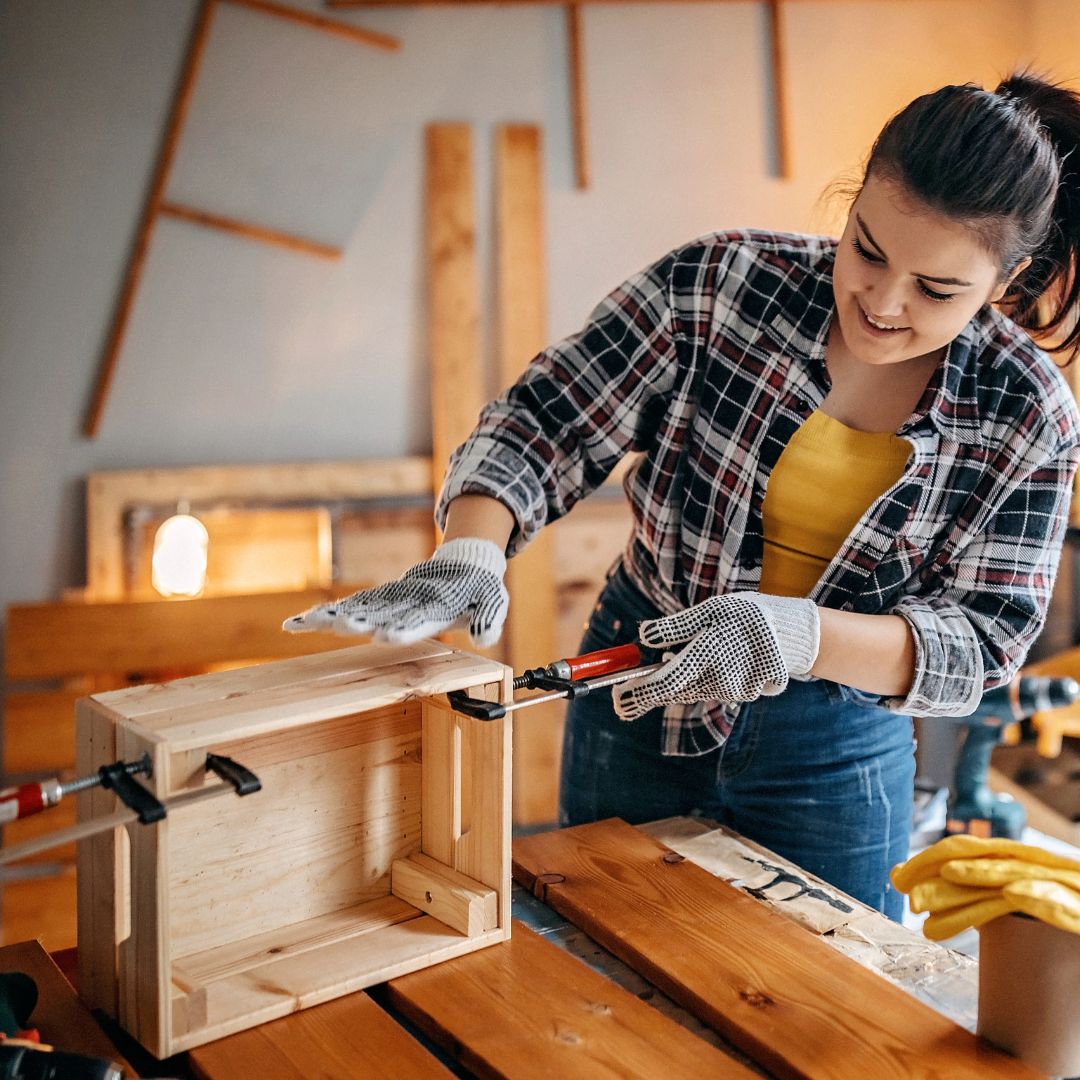While many homeowners undertake renovations to increase the value of their homes, not all home improvements have the desired impact on a property’s worth. Some projects may seem like a great idea, but they may not necessarily add value to your home when it comes time to sell.
To help you make better decisions when planning renovations, we’ve compiled a list of home improvements that may not yield the expected return on investment (ROI).
Over-the-top landscaping
Lush, well-maintained landscaping can improve your home’s curb appeal and attract potential buyers. However, going overboard with expensive, high-maintenance plants and features may not yield a significant ROI. Buyers may appreciate the aesthetics, but they may also be concerned about the time and effort required to maintain the landscaping. Instead, focus on creating a low-maintenance, inviting yard that complements your home’s exterior.
Personalized, high-end upgrades
While upgrading your kitchen or bathroom with top-of-the-line fixtures and appliances may seem like a surefire way to boost your home’s value, these improvements can sometimes backfire. Not all buyers may share your taste or be willing to pay a premium for luxury upgrades. To maximize your ROI, focus on making improvements that appeal to a broad range of potential buyers, using quality materials and fixtures that won’t break the bank.
Adding a swimming pool
A swimming pool may seem like a luxurious addition to your home, but it’s not always a smart investment. Pools can be expensive to install and maintain, and they may not appeal to all buyers, especially those with small children or who are concerned about safety and upkeep. In some cases, a pool can even decrease your property’s value. If you’re considering adding a pool, weigh the potential benefits against the costs and consider whether a pool will enhance your home’s marketability.
Converting a garage into living space
While converting a garage into additional living space may seem like a good way to increase your home’s square footage, this renovation can actually hurt your property’s value. Many buyers value having a garage for parking and storage, and they may not be willing to sacrifice that space for an extra room. If you need more living space, consider other options, such as finishing your basement or adding an extension to your home.
Over-improving for the neighborhood
It’s essential to keep your neighborhood in mind when planning home improvements. If you invest too much in upgrades that make your property significantly more expensive than surrounding homes, you may have difficulty recouping your investment when it’s time to sell. Be mindful of the local market and make improvements that are in line with what buyers in your area are looking for and willing to pay.
The Bottom Line
In conclusion, when planning home improvements, it’s crucial to consider the potential impact on your property’s value. Focus on projects that are likely to appeal to a broad range of buyers and align with your neighborhood’s market trends. By doing so, you’ll be more likely to see a favorable return on investment and enhance your home’s marketability.
Reach out to one of the experts at Coldwell Banker Hearthside, serving buyers, sellers, tenants, and renters in Pennsylvania and Western New Jersey.
Coldwell Banker Hearthside can help you find your next home.

 Facebook
Facebook
 X
X
 Pinterest
Pinterest
 Copy Link
Copy Link






